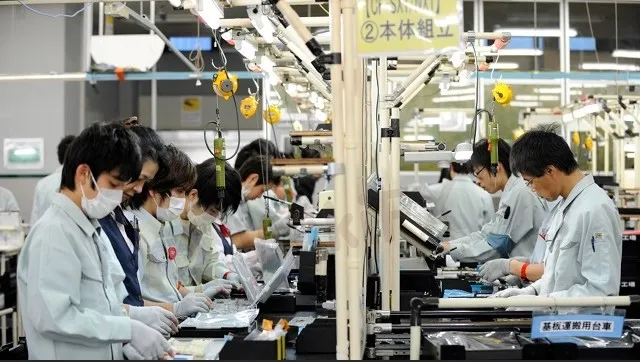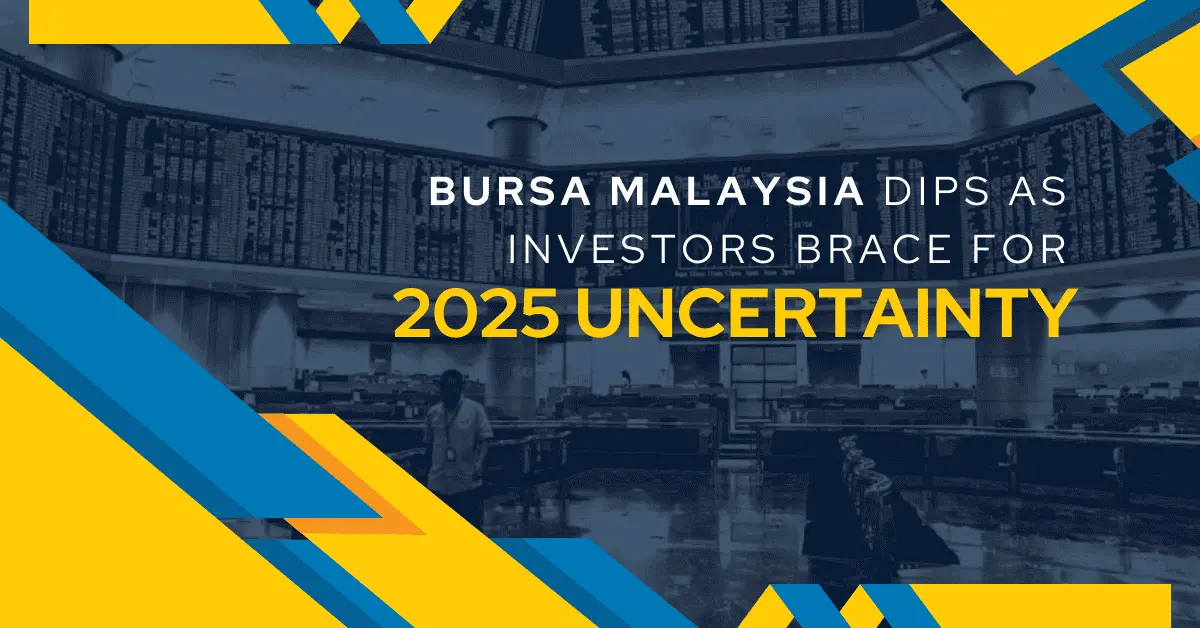简体中文
繁體中文
English
Pусский
日本語
ภาษาไทย
Tiếng Việt
Bahasa Indonesia
Español
हिन्दी
Filippiiniläinen
Français
Deutsch
Português
Türkçe
한국어
العربية
Japan manufacturer sentiment down for 1st time in 7 qtrs as costs bite
Abstract: The key index measuring sentiment among companies such as automakers and electronics makers
OKYO (Kyodo) -- Business confidence among major Japanese manufacturers worsened for the first time in seven quarters in March, hurt by energy and raw material costs that surged on Russia's invasion of Ukraine and pandemic-related supply bottlenecks, the Bank of Japan's Tankan survey showed Friday.
The key index measuring sentiment among companies such as automakers and electronics makers dropped to 14 in March from 17 logged three months earlier, the lowest level since June 2021. It was above the average market forecast of 11 in a Kyodo News survey.
The index for large nonmanufacturers, including the service sector, fell to 9 from 10 in the previous survey in December, highlighting the severe blow dealt by restrictions imposed in response to the COVID-19 pandemic. The reading also marked the first deterioration in seven quarters.
The Tankan index represents the percentage of companies reporting favorable conditions minus the percentage reporting unfavorable ones.
Russia's attack on Ukraine that began on Feb. 24 has sent crude oil and commodity prices sharply higher amid a spike in geopolitical risk and supply concerns. Russia is a major exporter of crude oil and natural gas.
The yen has been falling sharply against major currencies such as the U.S. dollar and the euro, inflating the cost of imported raw materials.
Higher costs are threatening to erode profits with wholesale price inflation accelerating at its fastest pace in decades. Sentiment among firms in sectors ranging from pulp and lumber to chemicals and food all deteriorated.
The surge in costs comes as manufacturers have been grappling with parts shortages caused by the COVID-19 pandemic.
Over the next three months, sentiment among manufacturers is expected to worsen further to 9 while that among nonmanufacturers will likely fall to 7, according to the Tankan survey.
The BOJ surveyed 9,362 companies, of which 99.1 percent responded between Feb. 24 and Thursday.

Disclaimer:
The views in this article only represent the author's personal views, and do not constitute investment advice on this platform. This platform does not guarantee the accuracy, completeness and timeliness of the information in the article, and will not be liable for any loss caused by the use of or reliance on the information in the article.
Read more

Bursa Malaysia Dips as Investors Brace for 2025 Uncertainty
Bursa Malaysia saw a slight dip on the final trading day of the year as profit-taking and cautious sentiment dominated. The FBM KLCI declined 3.4 points to 1,634.28, with muted turnover of RM822.07 million due to year-end festivities. Blue-chip stocks, including Tenaga Nasional and Telekom Malaysia, experienced declines, while regional markets remained subdued amid global uncertainties. As 2024 approaches, investors remain cautious, balancing risks with potential opportunities.

Currency Fluctuations: What It Means When a Country's Currency Rises or Falls
When a country’s currency appreciates or depreciates in value, it reflects the underlying shifts in its economy and global market dynamics. For forex traders, understanding what drives these fluctuations—and how to strategically prepare for them—can make the difference between profit and loss in an ever-volatile market.

Yuan Volatility Surges as US Election Approaches
As US elections near, yuan volatility surges. Traders brace for tariff risks and market swings, preparing for potential economic shifts under Trump or Harris policies.

UAE Approves AED Stablecoin for Digital Transactions
UAE grants approval for AED Stablecoin AE Coin, a regulated Dirham-pegged cryptocurrency, transforming blockchain payments for businesses and individuals in the UAE.
WikiFX Broker
Latest News
BI Apprehends Japanese Scam Leader in Manila
Bitcoin in 2025: The Opportunities and Challenges Ahead
Join the Event & Level Up Your Forex Journey
Is There Still Opportunity as Gold Reaches 4-Week High?
Bitcoin miner\s claim to recover £600m in Newport tip thrown out
Good News Malaysia: Ready for 5% GDP Growth in 2025!
How to Automate Forex and Crypto Trading for Better Profits
FXCL Lucky Winter Festival Begins
Warning Against MarketsVox
Is the stronger dollar a threat to oil prices?
Currency Calculator






